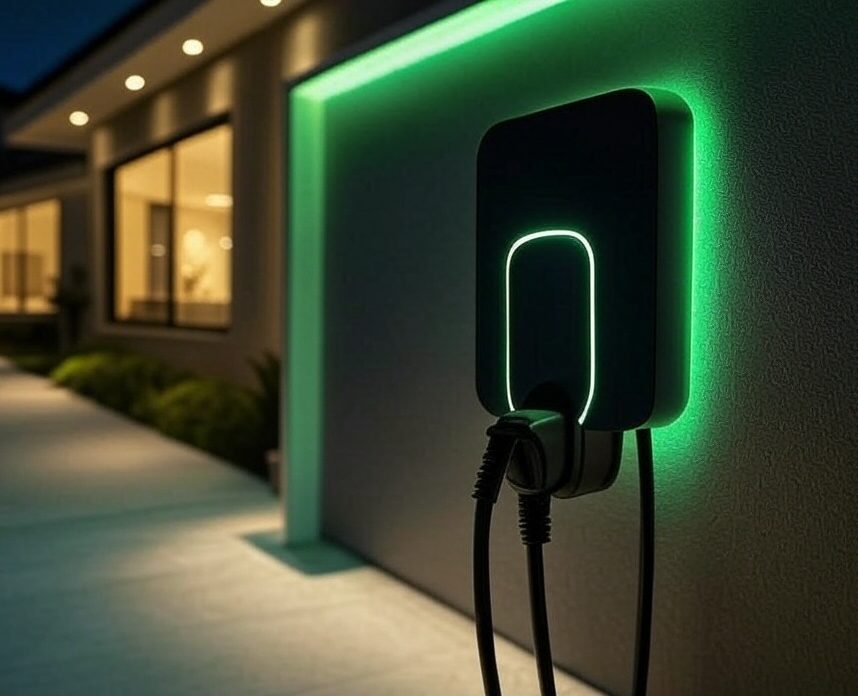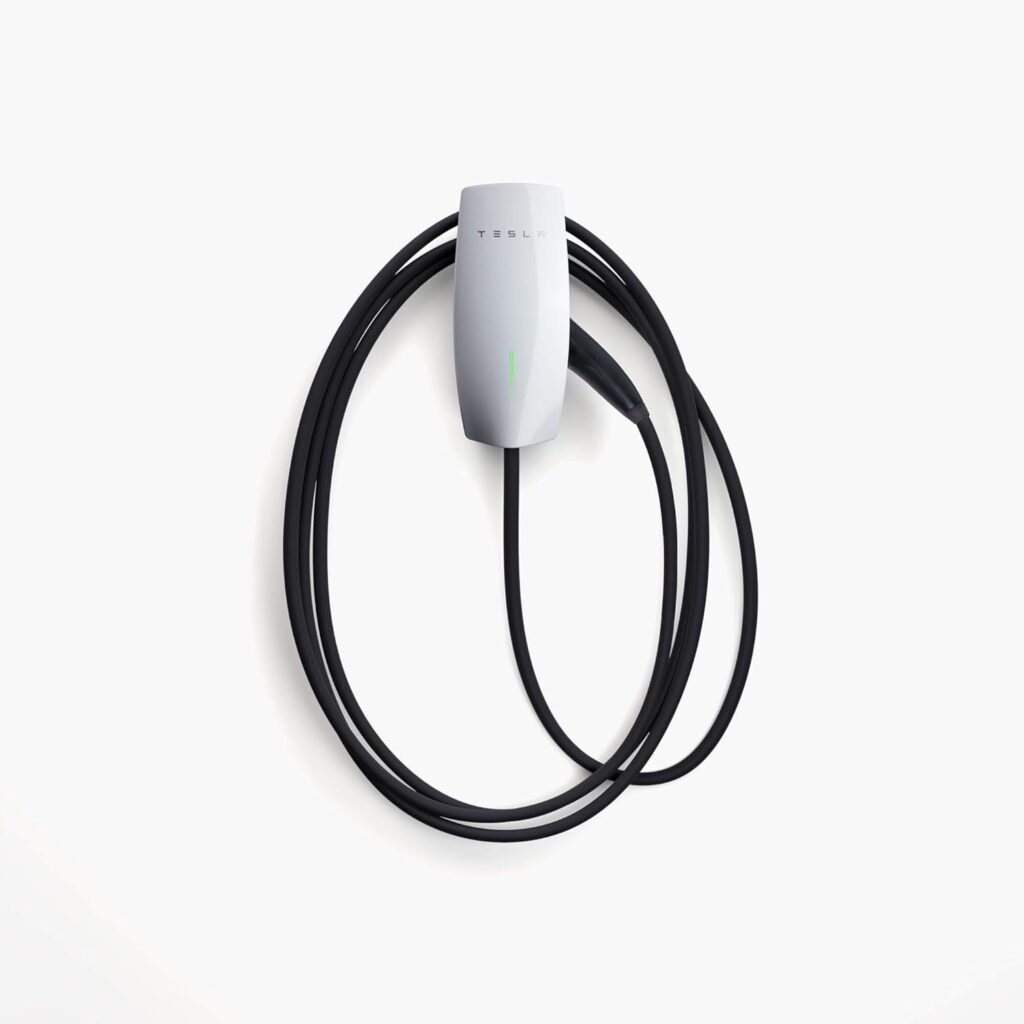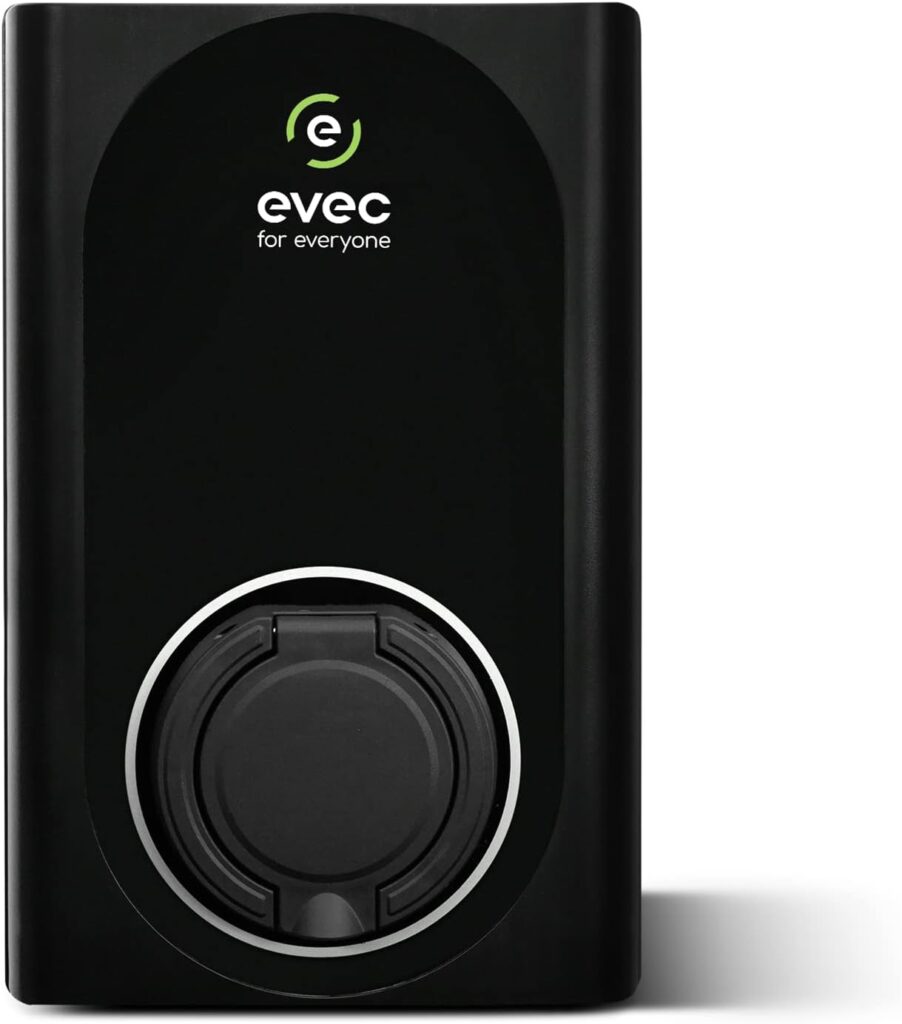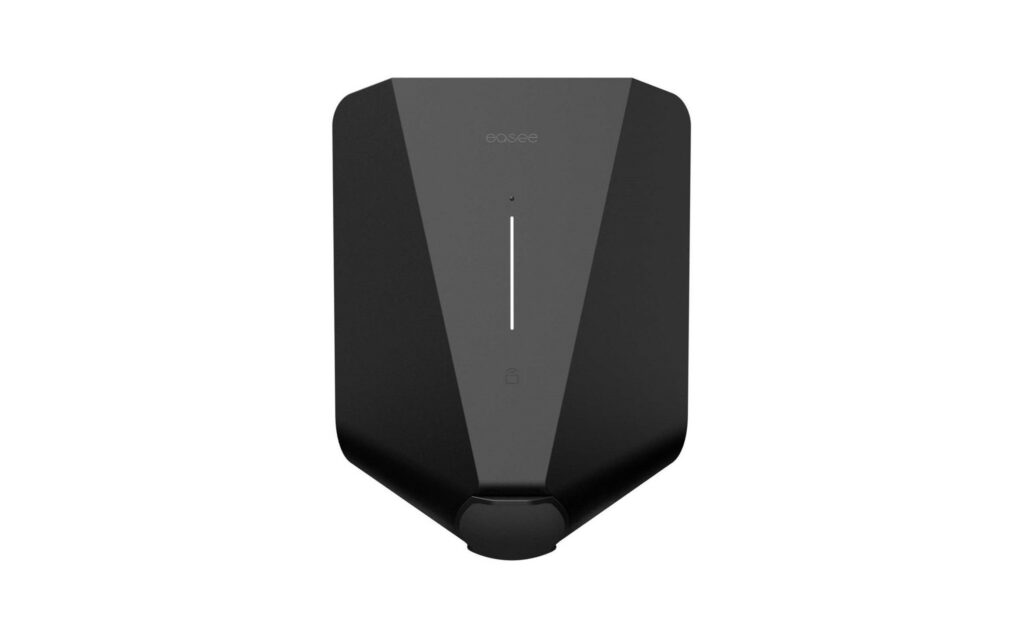HOME EV CHARGERS: SPOTLIGHT
Experience the future of electric vehicle charging with vibrant energy

EV Chargers Spotlight: Find the top-rated home EV chargers with our in-depth reviews and choose the perfect charging solution for your electric vehicle.
This page contains affiliate links. We may earn a commission on purchases made through these links, at no extra cost to you.
POPULAR HOME EV CHARGER QUESTIONS
Find answers to common questions about home EV chargers
Installation and Costs
Charger Types and Compatibility
Untethered: Has a socket, requiring you to plug in your own cable (usually supplied with the car). More flexible (can use different cable lengths/types), looks neater when not in use, but requires handling the cable each time.
Features and Efficiency
UPGRADE YOUR CHARGING SETUP
Complete your electric vehicle energy ecosystem
PORTABLE POWER STATIONS
Your Ultimate Energy Hub: Never be without power again with these versatile and high-capacity portable power stations.
EXPLORE POWER STATIONSPORTABLE POWER BANKS
Pocket the Portable Energy, Stay Connected Through Everything: Find the perfect power bank to fuel your phone, tablet, and more, without interruption.
EXPLORE POWER BANKSDisclaimer: This page directs you to internal pages containing affiliate links. If you purchase through them, we may earn a commission, at no extra cost to you.


